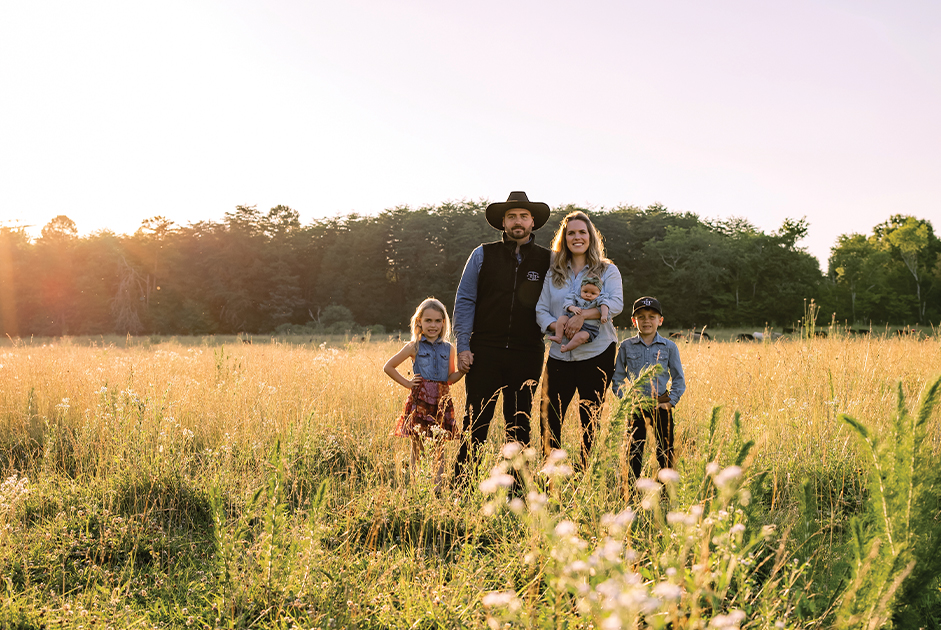A generation is a group of people who share birth years and similar experiences of major external events during their adolescent and early adult years. The generation gap has become an undeniable tension in the U.S. workplace and can result in cracks in engagement, productivity and even turnover if not addressed.
Let’s learn more about the generations in the workplace and how we can work towards leveraging these differences as a strategic advantage.
Generation Z (1996 to 2015)
| Defining Events/Experiences | Key Influences | Values and Traits | At Work |
|
|
|
|
Millennials (1981 to 1995)
| Defining Events/Experiences | Key Influences | Values and Traits | At Work | ||
|---|---|---|---|---|---|
|
|
|
|
||
Generation X (1965 to 1980)
| Defining Events/Experiences | Key Influences | Values and Traits | At Work |
|---|---|---|---|
|
|
|
|
Baby Boomers (1946 to 1964)
| Defining Events/Experiences | Key Influences | Values and Traits | At Work | |
|---|---|---|---|---|
|
|
|
|
|
Three Things You Can Do to Bridge the Gap
- Be Humble – Be open to input from others and listen to them. Recognize that you don’t know it all and that we are all human and flawed.
- Show Respect – Demonstrate that you esteem others and feel that they add value.
- Be Curious – Enter conversations with an open mind and be curious about others’ perspectives.
Five Things Organizations Can Do to Bridge the Gap
- Develop bosses to be coaches by giving positive and developmental feedback effectively, listening well and guiding others towards solutions.
- Help younger generations develop the soft skills to be most successful.
- Provide education on generational differences and have conversations about them in your organization.
- Develop mentoring programs to help members of each generation coach and support one another.
- See people as individuals and don’t categorize by stereotypes – leverage the strengths of each person!
Post Views: 294




















